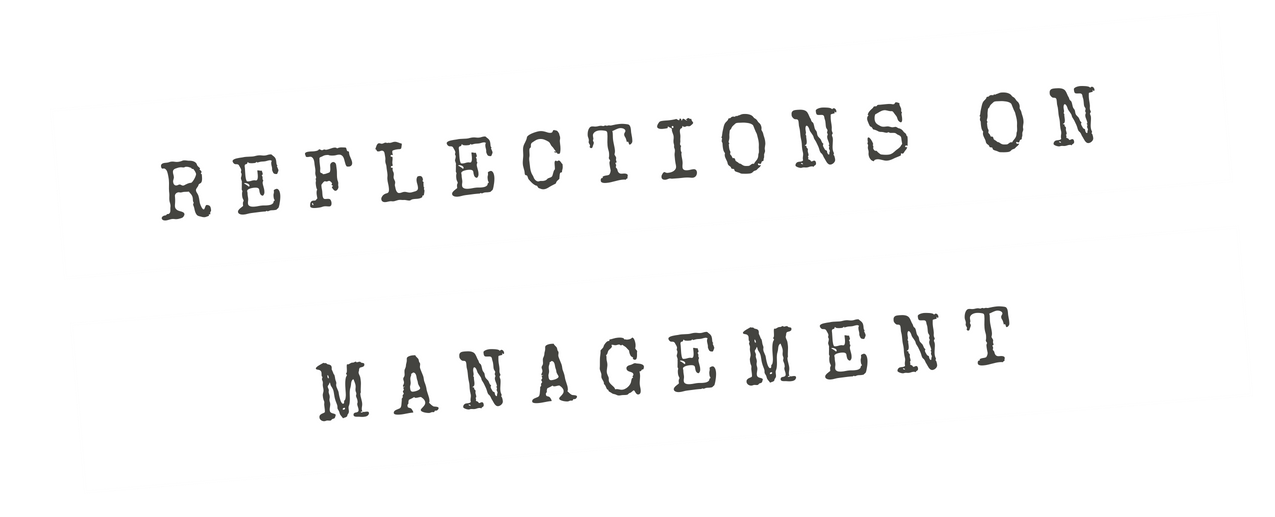No matter what you said, ‘they’ didn’t respond in any way. They wouldn’t even acknowledge your response. … There was no satisfying them
Season 3, Episode 2
Last season, I talked about how narrative, as a construct, can represent either the full story of an organization or an intervention into it. But unfortunately, the organization’s own narrative is not the only version of the story. In a competitive world, other actors use counternarratives against the organization – alternative stories that are often adversarial, intended to harm the organization’s reputation or tarnish its images. Popular communication literature plays this image up… a lot. But is it accurate? Are all counternarrative adversarial, or used only by our enemies?
Counternarratives are narratives that exist primarily to “refute other narratives” harbored by organizations, societies, nations, or any other collective group. They often emerge as “stories … which offer resistance, either implicitly or explicitly, to dominant cultural narratives.” But while counternarratives are often viewed or discussed as adversarial entities, they can take many forms as I demonstrate in the analysis of a prominent military case study — the initial phases of establishing the U.S. Africa Command by the U.S. Department of Defense, 2006-2009. Some counternarratives were purely antagonistic, but other emerged from friendlier sources. The contrasts among the counternarratives at play should make us rethink the breadth of competitive stories used to challenge the mission, purpose, or identity of organizations.
Works Mentioned:
Bamberg, M. & Andrews, M. (2004). Considering Counter-Narratives: Narrating, Resisting, Making Sense. Amsterdam: John Benjamins.
Galvin, T. (2019). Two Case Studies of Successful Strategic Communication Campaigns. Carlisle, PA: U.S. Army War College Press.
Gioia, D. A., Schultz, M., & Corley, K. G. (2000). Organizational identity, image, and adaptive instability. Academy of Management Review, 25(1), 63-81.
Samuels, P. (2007). Fahrenheit 9/11: A Case Study in Counternarrative, doctoral dissertation. University of Kansas.
Whetten, D. A. (2006). Albert and Whetten revisited: Strengthening the concept of organizational identity. Journal of Management Inquiry, 15(3), 219-234.
Related Reflections on Management Episodes:
Episode 2-4. Too Many Meanings of ‘Narrative’.


